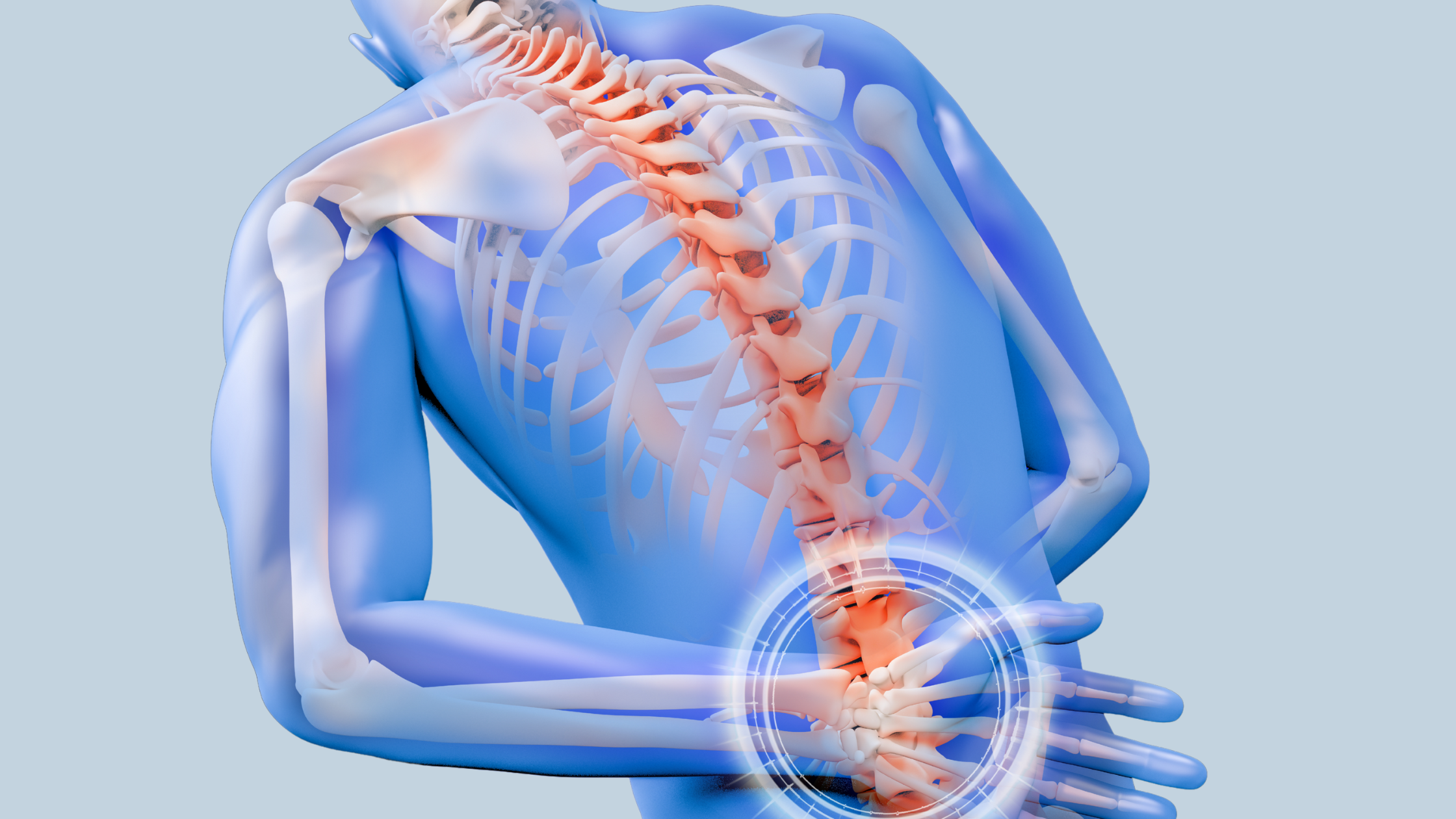Is Your Back Just Getting Old… or Is It Degenerative Disc Disease?
Let’s break it down without the boring bits.Short answer: Nope.
If you’ve ever been told you’ve got Degenerative Disc Disease (DDD), you probably had two reactions:
“Wait, I have a disease?!” 😳
“What even is that?”
Good news—DDD is not actually a disease. It’s a fancy way of saying your spinal discs are aging, like the rest of your body. It’s normal. It’s common. And yes, it can cause pain—but there’s a lot you can do to keep moving and feeling good.
So… what actually is DDD?
Your spine has cushy discs between each vertebra that work like little shock absorbers. Over time (or from injuries), those discs wear down. They lose height, hydration, and bounce—making your back or neck feel stiff, sore, or even tingly if nerves get involved.
How common is it?
Very.
By age 40, most people have some disc degeneration—even if they don’t feel it. It’s just part of being human. But for some folks, it becomes a daily pain that affects everything from sleeping to walking to just standing at the kitchen counter.
How does it feel?
Symptoms can vary, but here’s what to watch for:
Achy back or neck that gets worse with movement
Pain that shoots down your arms or legs
Numbness, tingling, or weakness (yup, nerves are involved)
Stiffness that makes everyday movement harder than it should be
What can you do about it?
Here’s the empowering part: You have options. Lots of them.
💪 Move smart
Gentle, consistent movement keeps your spine happy. Walking, swimming, Pilates—yes please! Core strength = spinal support.
🧘♀️ Stretch & strengthen
Yoga, physio-guided stretches, or stability training can help reduce pain and improve your range of motion.
📏 Watch that posture
Sitting slouched at a desk or standing with poor alignment puts extra pressure on those discs. Fixing posture = long-term relief.
🍽 Eat well & hydrate
Discs love water. Stay hydrated and eat anti-inflammatory foods to help your body from the inside out.
🚭 Stop smoking (for real)
It reduces blood flow to your spine. Less circulation = faster degeneration.
🪑 Adjust your setup
Ergonomics matter. Set your workspace up to support your spine, not strain it.
Final thoughts?
Degenerative Disc Disease might sound dramatic—but it’s actually really common and manageable. You don’t have to live with chronic discomfort. With the right team (🙋♀️ like ours!), the right tools, and a bit of support, you can feel stronger, move better, and live life with less pain.
Got questions? We’re here to help. Your spine deserves some love—and so do you.
Nicola Robertson
Physiotherapist


